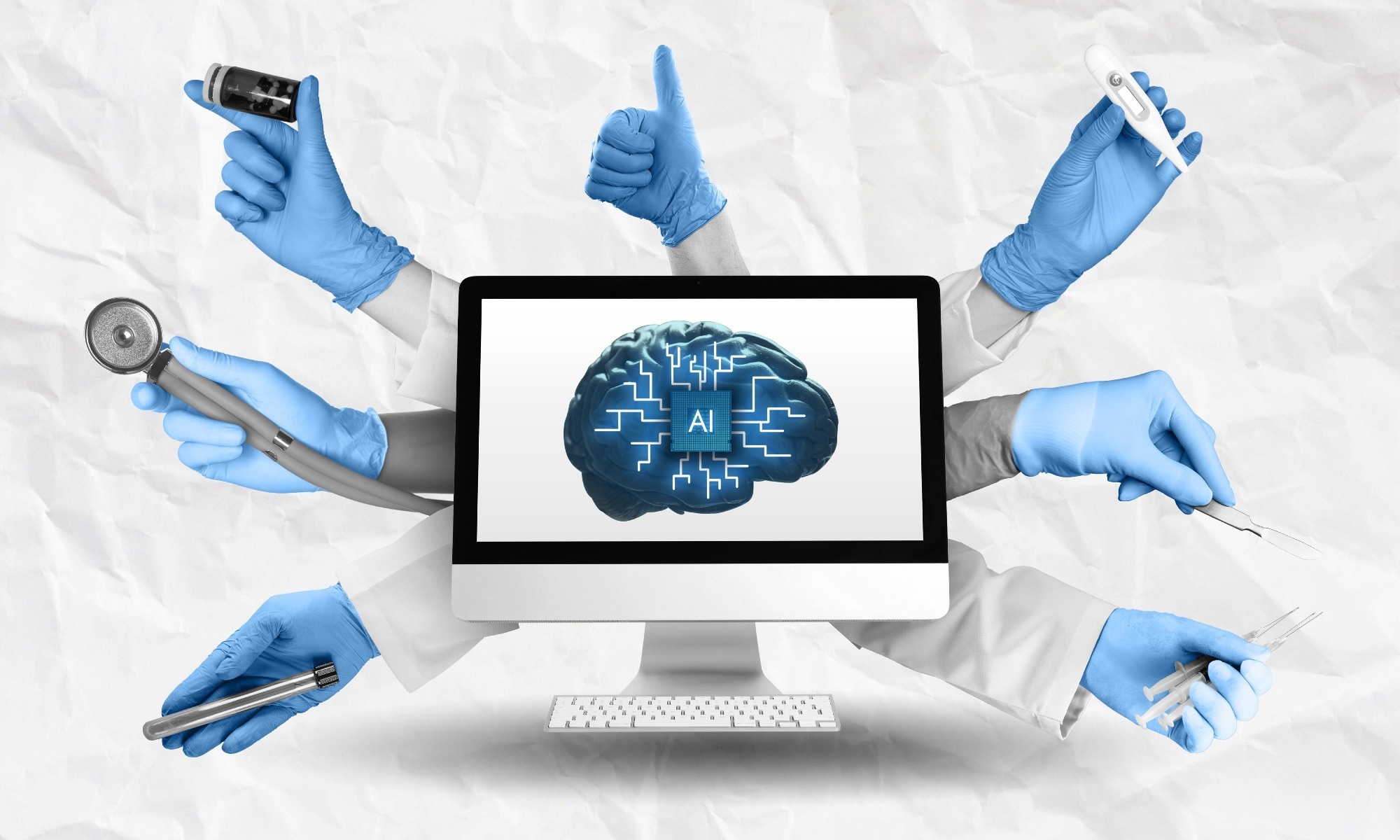With AI revolutionizing patient care, Canadian researchers have created a flexible curriculum to equip future family physicians with the skills and confidence to integrate digital tools into their clinical practice.
 Research: AIFM-ed Curriculum Framework for Postgraduate Family Medicine Education on Artificial Intelligence: Mixed Methods Study. Image Credit: Collagery / Shutterstock
Research: AIFM-ed Curriculum Framework for Postgraduate Family Medicine Education on Artificial Intelligence: Mixed Methods Study. Image Credit: Collagery / Shutterstock
A team of Canadian researchers has developed a curriculum framework to help train future family physicians in the use of artificial intelligence (AI), addressing a critical gap in medical training as digital tools become more common in patient care. Published in JMIR Medical Education, the study, "Curriculum Framework for AI Training in Postgraduate Family Medicine Education (AIFM-ed): Mixed Methods Study," introduces the AIFM-ed framework to guide the integration of AI into family medicine training programs.
As the health care system evolves, many medical professionals feel unprepared for the growing influence of AI in diagnostics, treatment, and patient management. This newly published framework, co-led by Dr. Samira A. Rahimi and her trainee, Raymond Tolentino, offers a structured roadmap for medical educators to bridge that gap. Developed through a comprehensive review of existing AI education models and in-depth consultations with experts and residents from across Canada, the AIFM-ed framework outlines five core components: need and purpose of the curriculum, learning objectives, curriculum content, organization of curriculum content, and implementation aspects of the curriculum.
With every medical school being unique, the framework is designed to be flexible, allowing it to be adapted to each program's specific needs and resources.
"AI is rapidly transforming health care, and yet, most medical curricula haven't caught up. AIFM-ed framework provides a critical foundation to ensure that our future physicians are ready for the realities of digitally enabled care," said Dr Samira A Rahimi, Canada Research Chair of AI and Advanced Digital Primary Health Care at McGill University and Mila-Quebec AI Institute.
Raymond Tolentino, a recent master's of science graduate from Dr. Rahimi's lab and co-lead on the study, emphasized the importance of this work in preparing future doctors. "We're not just teaching new skills-we're making sure family doctors feel confident using AI to support better, safer patient care," he said.
The next step is for institutions to pilot the framework and assess its impact on postgraduate medical training. By doing so, they can ensure that the next generation of family doctors is not only clinically competent but also technologically fluent. As AI continues to reshape medicine, this framework represents a proactive step toward preparing doctors for the future of digital health.
Source:
Journal reference:
- Tolentino R, Hersson-Edery F, Yaffe M, Abbasgholizadeh-Rahimi S AIFM-ed Curriculum Framework for Postgraduate Family Medicine Education on Artificial Intelligence: Mixed Methods Study JMIR Med Educ 2025;11:e66828 doi: 10.2196/66828 PMID: 40279148, https://mededu.jmir.org/2025/1/e66828/